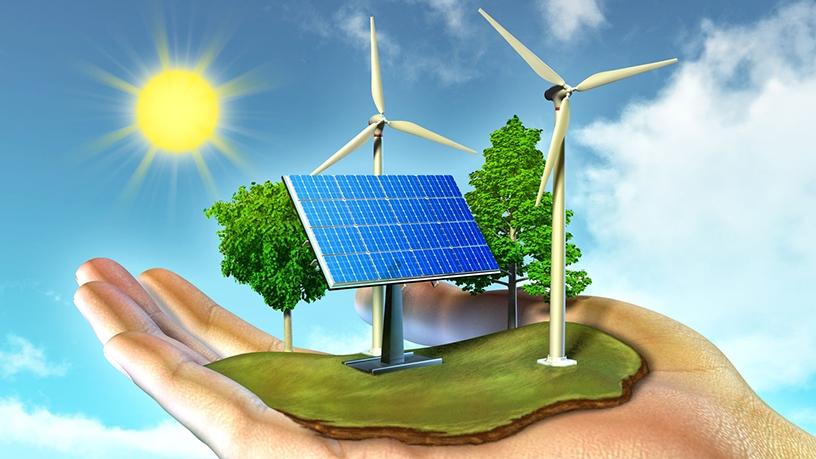
The University of Cape Town (UCT) has partnered with German-based Fraunhofer Institute for Solar Energy Systems to develop new and innovative renewable energy technologies for SA.
Under the official memorandum of understanding (MOU), hydrogen and fuel cell technology experts will collaborate closely on activities to accelerate progress in these fields.
Speaking at the signing of the MOU, UCT vice-chancellor Dr Max Price said he "hoped this was the beginning of a long partnership between UCT and Fraunhofer ISE".
Having developed a good working relationship over the years, the UCT Department of Chemical Engineering, and Dr Christopher Helbing, who is the director in the Division of Hydrogen Technologies at Fraunhofer ISE, decided to formalise the collaboration at a ceremony where an MOU centred on hydrogen technologies was signed in the presence of the president of the Fraunhofer Gesellschaft, Professor Reimund Neugebauer.
Fraunhofer's work in hydrogen technologies comprises fundamental research on the production, conversion, and catalytic processing of hydrogen, as well as models to investigate the role of hydrogen in the future energy system.
The Catalysis Institute in the Department of Chemical Engineering at UCT hosts Hydrogen SA (HySA)/Catalysis, one of the three Centres of Competence that form part of the South African Department of Science and Technology's National Hydrogen and Fuel Cells Technologies flagship project, HySA.
The centre's overall aim is to transform SA from a resource-based economy to a knowledge-based economy, and in doing so, add high value to the country's mineral wealth.
Using electricity from renewable energy sources such as wind and solar, hydrogen can be produced by water electrolysis, and used as fuel in diverse applications including zero-emissions fuel cell cars and buses.
Hydrogen is also an excellent feedstock for catalytic conversion with carbon dioxide to produce liquid synthetic fuels that replace diesel or gasoline (gas-to-liquids).
Share